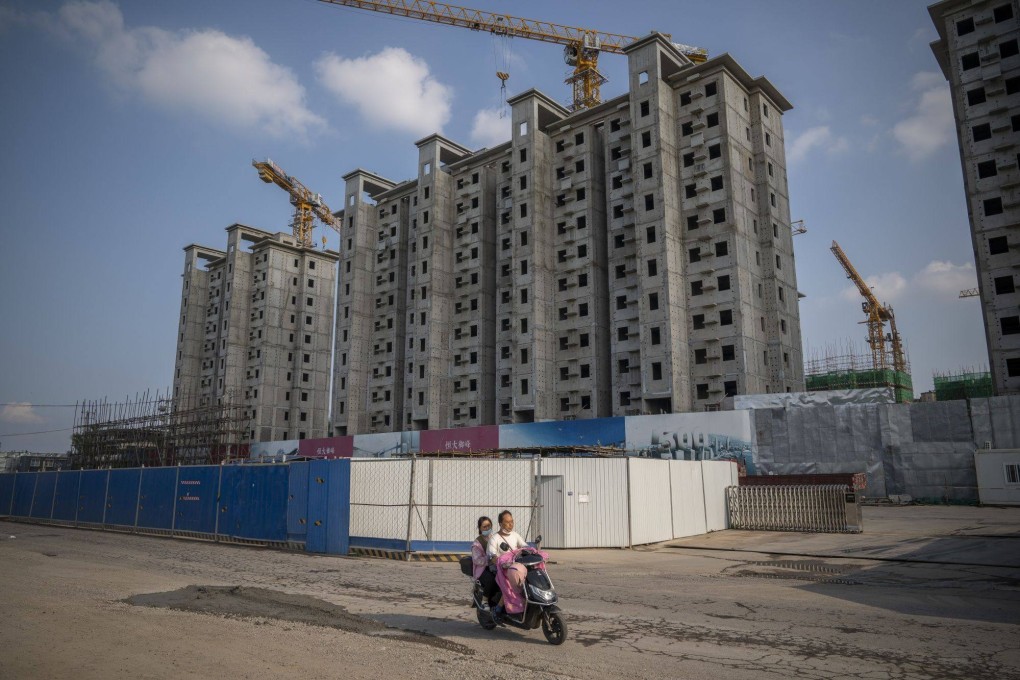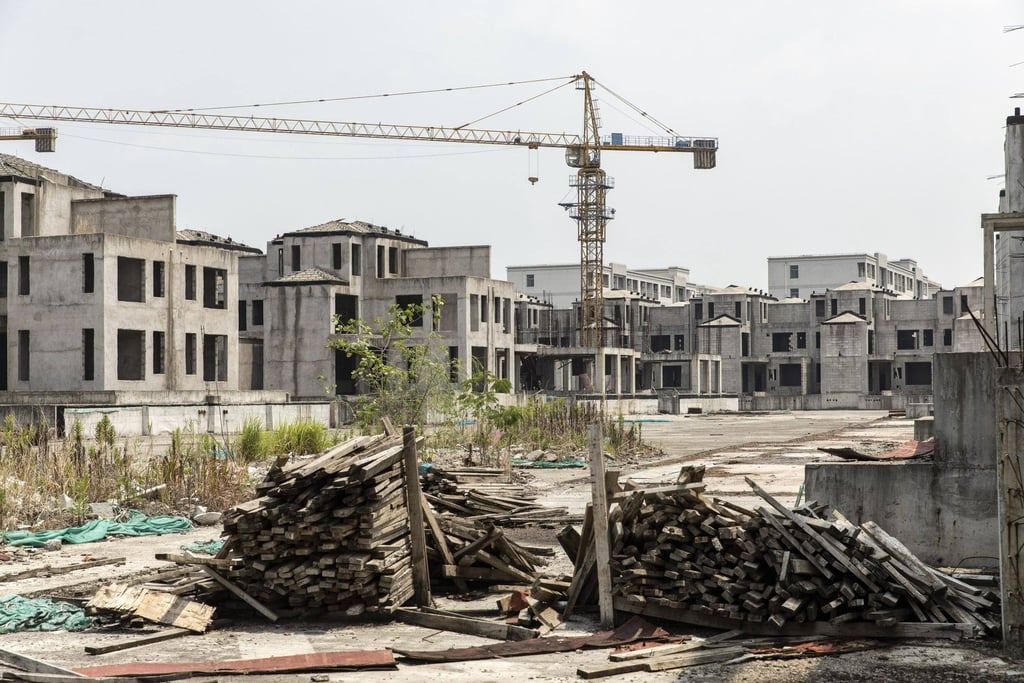China’s new home prices in July record first decline in eight months as mortgage-boycott crisis weighs on sentiment
- Prices of new homes in 100 cities averaged 16,204 yuan per square metre in July, 0.01 per cent lower than in June, according to property researcher CREIS
- Home prices in China are likely to fall by as much as 7 per cent this year, according to S&P Global Ratings

New homes in 100 Chinese cities fetched 16,204 yuan (US$2,402) per square metre on average in July, 0.01 per cent lower than in June, according to data from property researcher CREIS released on Monday.
The number of mainland cities recording weaker prices increased to 47 cities from 41 in June, as the mortgage boycott continued to spread across the country, weighing on homebuyers’ sentiment.
Over the past few weeks, buyers of more than 320 residential projects in 95 Chinese cities have collectively refused to make mortgage payments unless construction of their homes resumes, according to real-time updates on “WeNeedHome” on GitHub, Microsoft’s collaborative code-sharing platform, which is commonly used to avoid censorship in China.

“While regulators have subsequently eased many measures, some distressed developers such as China Evergrande Group have run out of funds to complete homes,” said Esther Liu, a credit analyst at S&P Global Ratings. The sector has to now “contend with homebuyers’ waning confidence”.
S&P expects China’s home prices to fall by as much as 7 per cent this year and sales to decline between 28 per cent and 33 per cent.